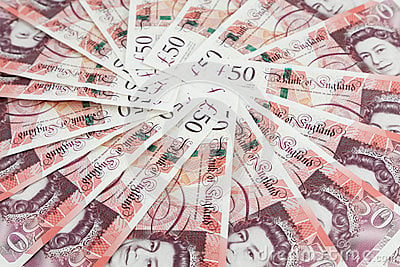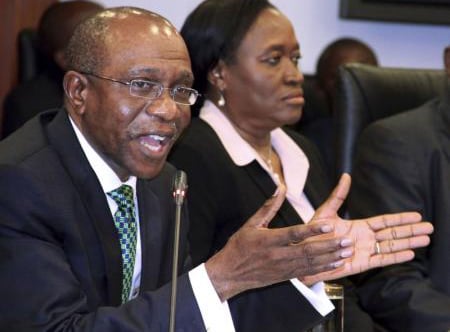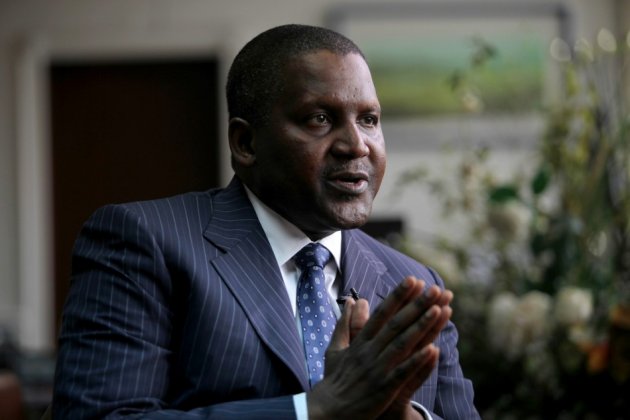The shift in the dates of the general election has seen jittery investors on the Nigerian Stock Exchange (NSE) sell their equities.
As a result, the NSE market capitalisation dropped significantly by N208 billion in one day to close at N9.796 trillion on Monday, as against the N10.005 trillion it closed on Friday, findings by TheCable show.
Also, the NSE all-share index dropped by 624.53 points to close at 29,360.53.
A report by Cowry Asset Management Limited, which also confirmed this, stated that equities haemorrhaged amid sustained sell pressure, resulting in the declines in the overall market performance.
Advertisement
Most sectore gauges closed in the red, chief of which were the NSE banking index, the NSE consumer goods index and the NSE industrial index which declined by 1.65%, 3.65% and 2.36%.
However, amid recent increase in global crude oil prices, indigenous crude oil producer, Seplat Petroleum Development Company, did not lose steam as it extended its advance by N34.21 to close at N368.11 a share.
Similarly, shares of refined petroleum products marketer, Eterna, upped by N0.12 to close at N2.64 apiece.
Advertisement
Manufacturer of flour-based food products, Dangote Flour Mills, strengthened by N0.38 to N4.38 a share.
But more than four stocks declined for every one that advanced. Leading food and beverage manufacturer, Nestle Nigeria, weakened by N40.25 to close at N764.75 as portfolio investors jettisoned their holdings.
Meanwhile, Bloomberg reported that with the shift in dates for the general elections, it looks like it’s going to get worse for investors in Nigeria.
“We are going to see the market react in a negative way,” Bismarck Rewane, chief executive officer of Financial Derivatives Company told Bloomberg.
Advertisement
“The economic uncertainty of the country has increased. By extending the uncertainty, investors who were waiting for the outcome of the election will not come back.”
The Independent Electoral Commission (INEC) on Saturday shifted the presidential and parliamentary election scheduled for February 14 to March 28 because of attacks by the Islamist Boko Haram group.
The NSE all-share index, which reached a peak of more than N13 trillion last year. The index is down 41 percent over the past six months in dollar terms, more than Greece.
Also, the naira has slumped 12 percent against the dollar on the interbank market in the past three months, the most among 24 African countries tracked by Bloomberg.
Advertisement
“We had expected that after companies release their full-year results in March and the election is over, some stocks will begin to recover,” Ayodeji Ebo, head of research at Afrinvest West Africa Ltd. in Lagos, said by phone. “The postponement has extended the market uncertainties.”
“The market is likely to remain in a risk-aversion mode this week,” Samir Gadio, the London-based head of Africa strategy at Standard Chartered Plc, said.
Advertisement
“At the macroeconomic level, things will remain at a standstill as lawmakers engaged in politics may not be able to pass the 2015 budget,” Ebo said. “Even the president will have little time to run the economy.”
Advertisement
Add a comment





